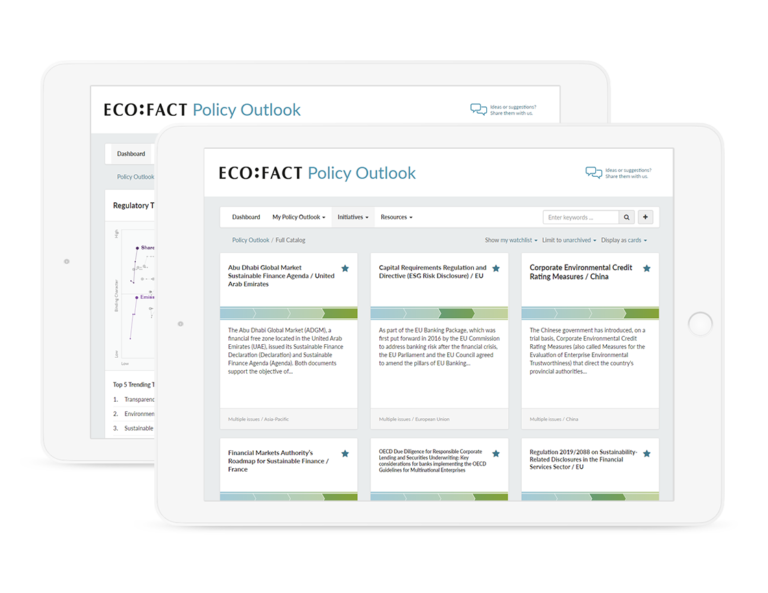Guest Contribution – Modern Slavery and Its Definitional Complexity: Challenges to Mandatory Corporate Reporting
For those who have long worked on the topics of slavery, human trafficking, and labor exploitation, deliberations on the UK Modern Slavery Act and its subsequent adopting in 2015 was much welcomed. Since then, we have seen an increasing number of jurisdictions follow the UK’s lead by considering similar legislation with the aim of addressing the potential presence of slavery and human trafficking in businesses or parts of supply chains. Nevertheless, there are various misconceptions around what exactly constitutes modern slavery and human trafficking. The framing of the contemporary modern slavery discussion masks a much more complex dynamic, owing to the fact that the international definition for trafficking in persons is actually rather long and complex, covering a wide range of purposes of exploitation.
Indeed, the definition for human trafficking is so complex that it is often referred to in popular discourse simply as modern slavery. In some jurisdictions, there is significant inconsistency between domestic laws addressing the offence of human trafficking and the international definition, leading to different interpretations of what is meant by the term “modern slavery.” For instance, we see this prominently when comparing the approaches taken by Australia, where the government is considering its own Modern Slavery Act, and China where, until recently, discussions on mandatory corporate reporting on modern slavery had been restricted to the territory of Hong Kong.
In Australia, the term “modern slavery” denotes conduct that constitutes a relevant offence under existing human trafficking, slavery, and slavery-like offences in the country’s criminal code. It covers a large spectrum of exploitation, such as slavery, servitude, forced labor, debt bondage, and deceptive recruiting for labor or services.
On the other hand, in mainland China, human trafficking is frequently and colloquially equated with the abduction of young children for illegal adoption and not for labor exploitation. The domestic criminal code of the People’s Republic of China also reinforces this misconception of the offence of human trafficking by only criminalizing the selling of the victim and does not include the element of labor exploitation—it also only applies to women and children, excluding adult men from the scope.
The mandatory ‘comply or explain’ requirement under the UK Modern Slavery Act, section 54(4) obliges businesses to prominently disclose a statement that they have taken steps during the financial year to ensure that slavery and human trafficking did not take place in any of its supply chains and its own operations. Alternatively, businesses can submit a statement asserting that they have not taken such a step, in which case civil proceedings could be launched against them with potential fallout for their business reputation. The basic premise of the ‘comply or explain’ approach, in the context of anti-slavery and anti-trafficking, is simple: which entity nowadays can stand and offer a justification for the use of slavery in its operations? In this way, the prohibition of the use of slavery and human trafficking is the lowest hanging fruit for business enterprises that want to be — and be considered as — responsible corporate actors.
Potential involvement in slavery and human trafficking are now risks that businesses must seek to identify and prevent in their operations and supply chains. With an estimated 46 million individuals believed to be victims of modern slavery around the world, according to the International Labour Organization, pressure on companies to prevent and manage the risk of being inadvertently involved in slavery and human trafficking will only increase. Legislations that require mandatory ‘comply or explain’ will continue to be a focus point for public mobilization on issues of corporate responsibility when it comes to the most exploitative forms of labor. Nonetheless, this must be seen as just the beginning and not the apex of corporate engagement with respect to the prohibition of slavery. Only then can the corporate sector add substantively to an accurate understanding of modern slavery that covers an expansive list of the worst forms of labor exploitation and contribute meaningfully to bringing about harmonization between domestic and international standards.
 All posts
All posts Contact
Contact



